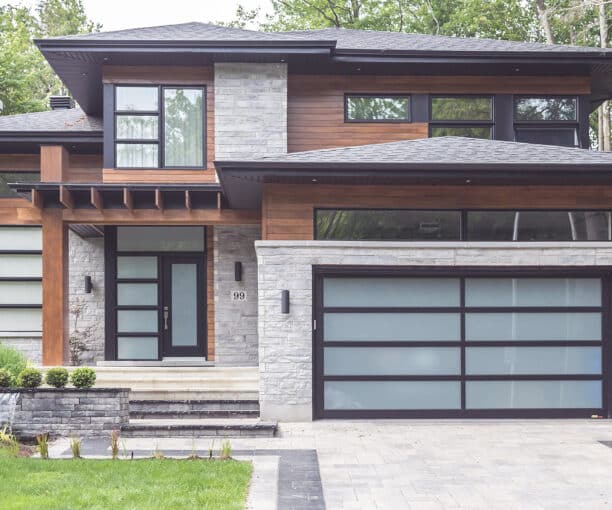
There has been a lot of news in the media about rising rates… again. Inevitably, people get scared and wonder whether or not they should lock in their variable rate mortgage. The answer is highly variable and depends on the following factors.
Variable Rate Discount
Variable rates are based off a bank’s prime rate, which is impacted by the Bank of Canada’s overnight rate. You can have a discount or surplus, which we refer to as “prime plus” or “prime minus”. If you have a surplus right now, you should be considering either locking in or opting for a variable rate with a discount. If you have a healthy discount against the prime lending rate, it may not make sense for you to convert to a fixed rate. The conversion rates are typically inflated and chances are any media hype has already been priced in (aka. you’ve missed the boat). Also, a healthy discount will still warrant multiple rate increases before you would even average out to the conversion rate.
Borrowing Profile
Everyone has a different borrowing profile. If your mortgage is structured accordingly, you should be placed in the appropriate product and term from the start. Stronger borrowers are generally better candidates for variable rates as they can weather rate fluctuations and uncertainty more than someone who is completely maxed out or on a fixed income. Therefore, if you have a solid financial buffer and can absorb rate increases, you may want to stick with the variable rate.
Life Plans
The decisions you make in your life can determine whether or not you should lock in your variable rate. For example, if you’re planning to sell your home, refinance your mortgage, or just want absolute flexibility, sticking with the variable would be the right choice. When you break a variable rate mortgage, you only ever pay 3 months interest as a penalty (this assumes you opted for a full feature mortgage without any restrictive terms).
If you decided to convert your rate to a fixed mortgage, you’d have to pay the greater of three months interest or the interest rate differential at the time of discharge. The latter of the two, unfortunately, is unpredictable and can be financially devastating; therefore, it would alter your life plans. It’s important to note that you can port a mortgage to avoid your penalty altogether; however, there could be time and qualification constraints that may preclude this as an option.
Clearly, you’re reading this blog because you’re uncertain about the future of your variable rate mortgage and want to protect yourself. Based on the factors we’ve outlined, if you decide to stick with your variable rate, here’s a strategy that will calm any insatiable nerves. Calculate your equivalent payment as if you decided to lock into the higher rate. Increase your variable rate payments to this amount, which will serve as a hedge against inflation and rate hikes. Plus, all of the extra money will be paying your mortgage principal down quicker and reducing your amortization simultaneously.


